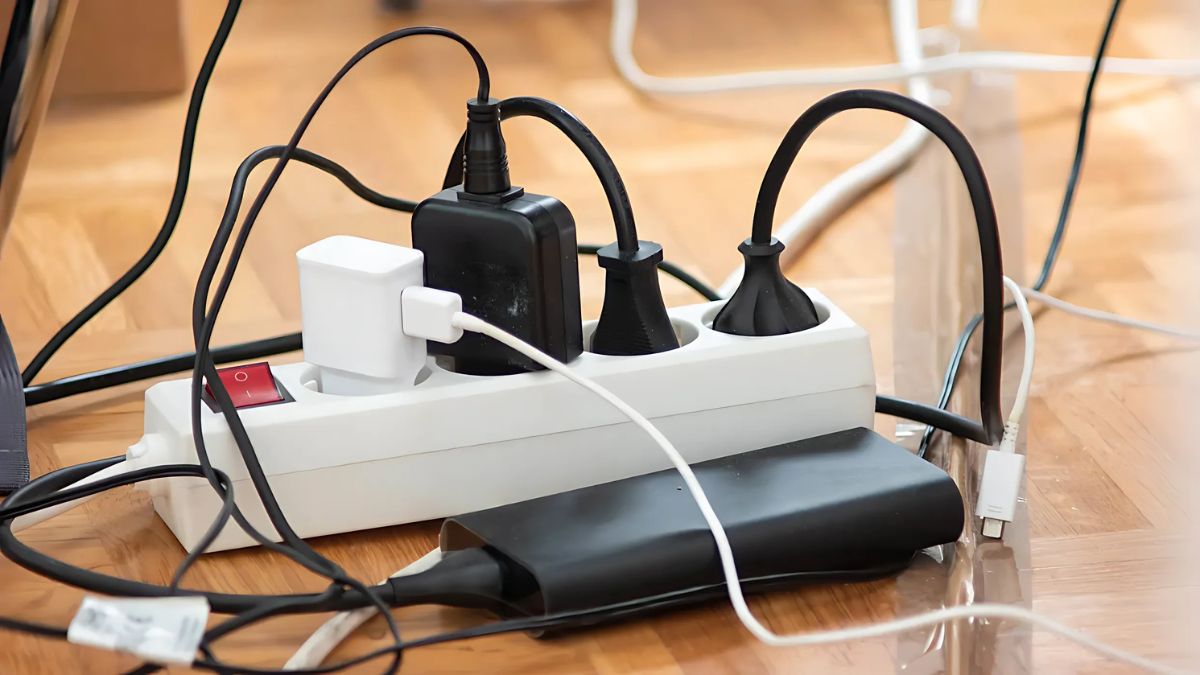A four-year study from the University of South Australia has added fresh insight into one of the biggest workplace transformations in decades: remote work. Launched before the pandemic and running through the years that followed, this research tracked how telework affects daily life. The results? When remote work is a choice—not a rule—it leads to better health, more happiness, and a stronger sense of well-being.
Pandemic
COVID-19 was a turning point. Practically overnight, millions of employees around the world swapped office desks for kitchen tables. What started as an emergency measure became a long-term shift. This particular study stands out because it started before the pandemic, giving researchers a rare view of how remote work has evolved over time.
Their main takeaway is clear: flexibility matters. People who had the option to work from home reported better physical and mental health, even when faced with some challenges along the way.
Sleep
One of the first changes people noticed? Better sleep. The study found that teleworkers gained around 30 extra minutes of sleep each night. That adds up, especially in a country where the average person used to spend more than four hours per week commuting. Less time behind the wheel or on public transport meant less stress and more rest.
Of course, the early lockdowns weren’t perfect. Researchers did spot a temporary rise in alcohol use. But overall, mental well-being improved, and people felt more balanced and energized.
Time
Perhaps the biggest win was the return of time—something most workers never feel they have enough of. Without commuting, people found themselves with extra hours in the day. Some used it to get a jump on work tasks or finish chores. Others focused on family or fitness.
In fact, about a third of that saved time was used for exercise and leisure. Studies from Spain echoed similar results, showing that remote workers gain as much as 10 days of extra personal time each year—time that can improve health, reduce stress, and curb sedentary habits.
Eating
Another shift happened in the kitchen. At first, being close to the fridge meant more snacking. But over time, workers leaned into healthier habits. People ate more fruits, vegetables, dairy, and home-cooked meals. Being at home gave them the time and opportunity to make more thoughtful food choices.
It wasn’t just about having access—it was about control. Without the rush of office routines, people had more freedom to plan meals and actually sit down to enjoy them.
Work
A common argument against remote work is the idea that people won’t be as productive without in-person supervision. But this study, like many others, found the opposite. Productivity stayed the same—or even improved—when employees had the option to work from home.
The difference is in the word option. When remote work was forced during lockdowns, some workers felt isolated and overwhelmed. But when people could choose their setup, motivation and job satisfaction rose sharply.
Teams
Still, remote work isn’t perfect. One downside is the potential strain on team relationships and workplace culture. Zoom calls don’t replace casual coffee chats or face-to-face brainstorming sessions. But researchers point out that collaboration and productivity are still possible—with the right tools and strategies in place.
The future isn’t about going fully remote or fully office-based. It’s about flexibility.
Future
This study challenges the old ways of thinking about work. Remote workers—especially those with hybrid setups—reported better job satisfaction, improved health, and a stronger sense of control over their daily lives.
But remote work isn’t for everyone. Some jobs require in-person presence. Some people thrive better in an office setting. The key is choice. Employers should be designing work systems that are flexible enough to support different needs and goals.
As the researchers put it, this isn’t a battle between remote and office work—it’s about creating a future that includes both. Remote work isn’t just a trend sparked by a crisis. It’s a path toward more balanced, fulfilling work lives for those who want it.
FAQs
Did remote work improve sleep?
Yes, workers got 30 extra minutes of sleep each night.
Is productivity lower at home?
No, it stayed the same or even improved with remote work.
Did people eat healthier at home?
Yes, there was more fruit, veggie, and home-cooked meals.
Was isolation a problem?
Only when remote work was forced, not when it was optional.
What’s the main benefit of remote work?
Better health, more time, and greater job satisfaction.




















